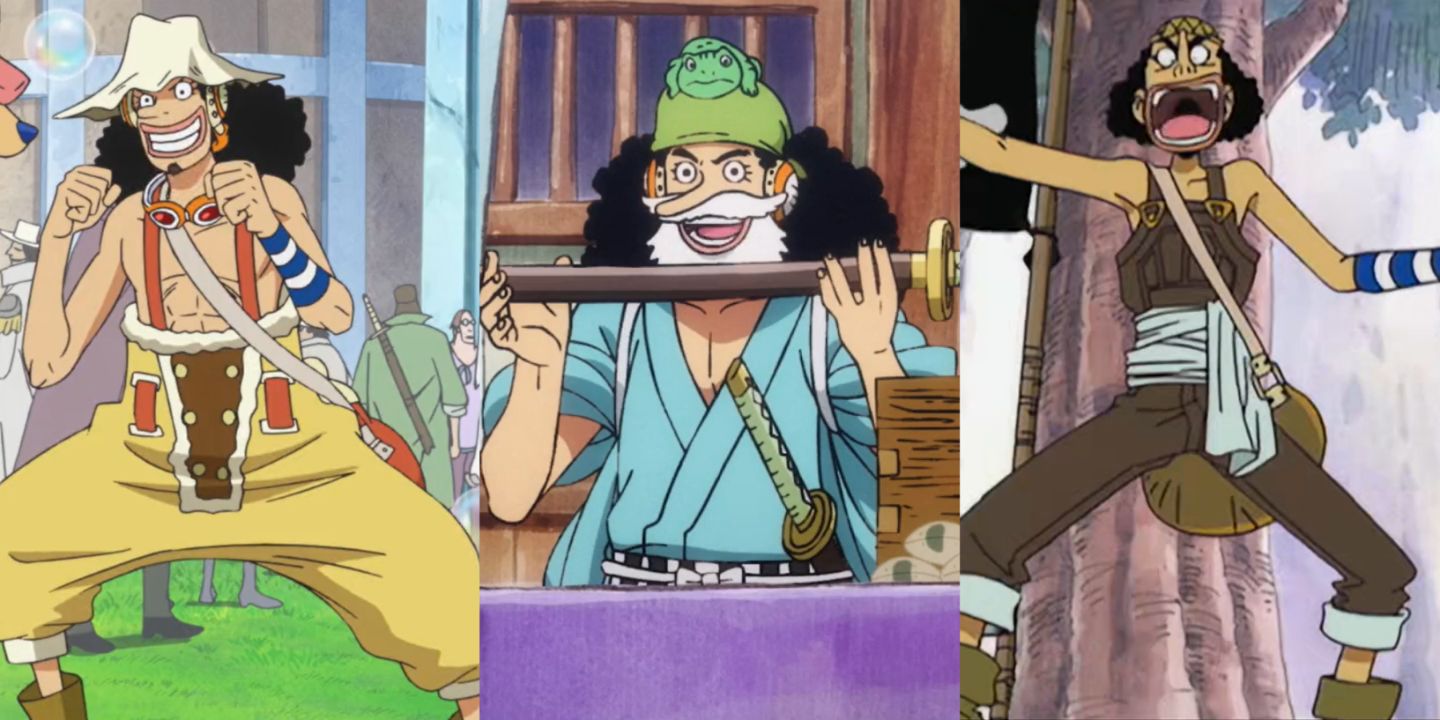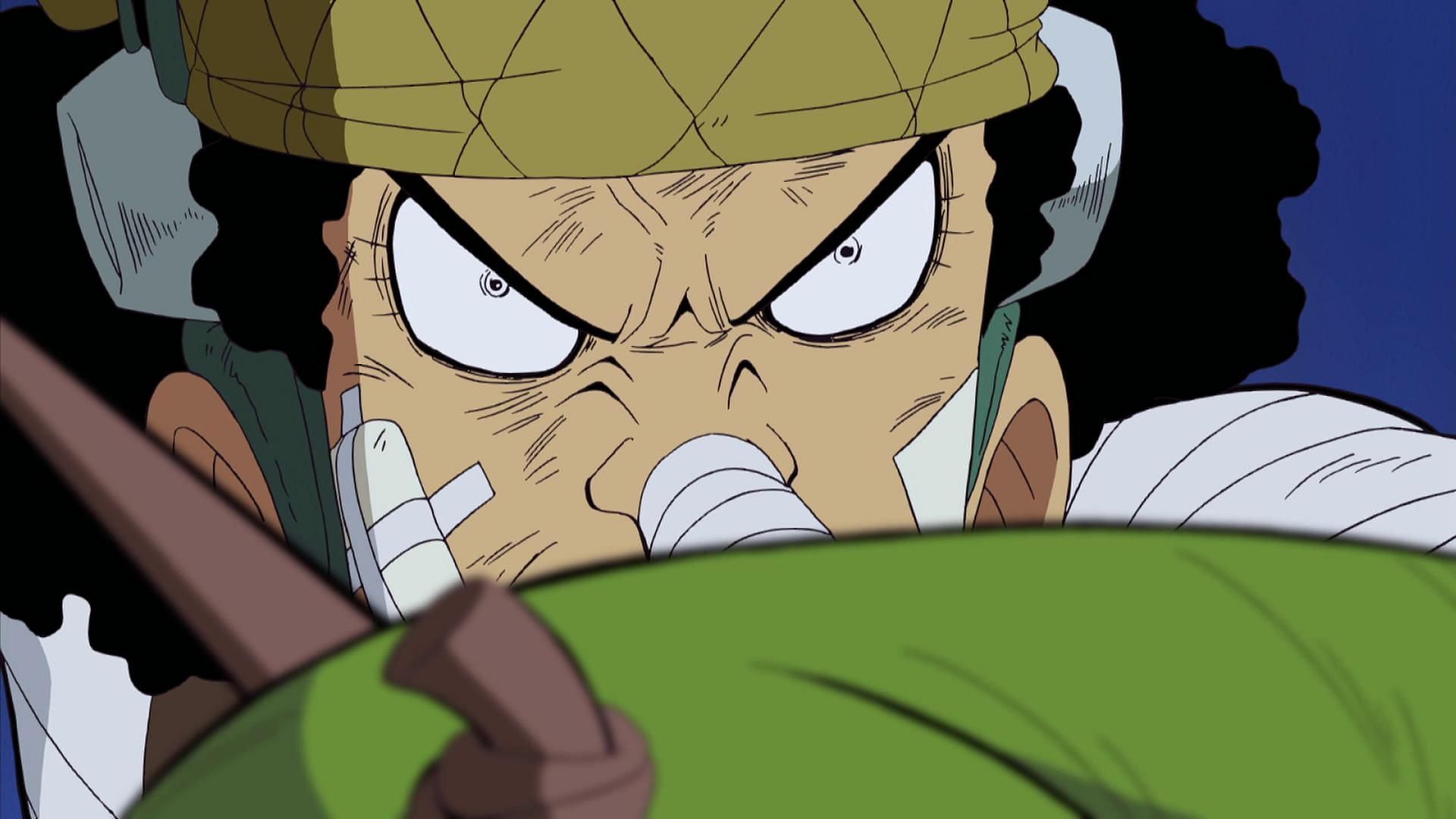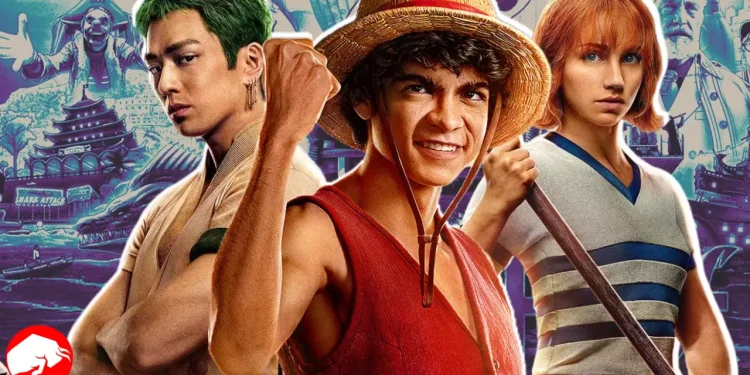Since its debut, Eiichiro Oda’s “One Piece” has captured the hearts of fans globally with its whimsical world, intriguing plot twists, and compelling characters. Nonetheless, navigating through the oceanic adventures, there surfaces an iceberg that questions the creative responsibility towards respecting cultures and people—Usopp’s alleged ‘African’ origin, sparking a fiery debate amongst the devoted fanbase.
Usopp: A Cherished Character Treading on Problematic Shores

Venturing into the in-depth character development, Usopp, with his boisterous demeanor and oft-embellished tales, holds a special place in our hearts. His valiant pursuit to become a “Brave Warrior of the Sea,” coupled with emotional depth, resonates profoundly with the audience. However, this connection somewhat trembles when delving into his intended geographical and cultural origin.
In the Shitsumon wo Boshu Suru (SBS) column, where Oda engages with fan queries, a particular dialogue stirred an unsettling conversation about cultural sensitivity. When asked about the Straw Hat Pirates’ hypothetical real-world nationalities, Oda’s declaration of Usopp being “from Africa” not only overlooked the vast, diverse cultures spread across the continent’s 54 countries but inadvertently simplified them into a single, monolithic entity.
Moreover, Usopp’s design, with its exaggerated lips and prominent nose, potentially mirrored the abhorrent blackface caricatures, provokingly reminding us of the racist stereotypes that have pervaded history. Consequently, such character depiction, even within the bounds of a fantastical world, rings alarm bells about unintentional yet problematic racial insinuations.
Usopp in the One Piece Live Action! pic.twitter.com/3UmOF9U9jl
— Artur – Library of Ohara (@newworldartur) June 17, 2023
Bridging the Gap: Netflix’s Respectful Revival of Usopp
In stark contrast to the manga and anime, Netflix’s adaptation of “One Piece” commendably addresses these concerns, offering Usopp a portrayal that honors diversity without succumbing to unintentional stereotyping. Casting Jacob Gibson, the adaptation steers clear of exaggerated physical features and negative tropes, thereby circumventing the disconcerting implications.
Notably, Netflix’s One Piece broadens its horizons with a diversified universe, showcasing a spectrum of characters, backgrounds, and ethnicities, thereby affirming that Usopp’s characterization is seamlessly enmeshed in a multicultural world.

An Odyssey Towards Mindful Creation
Oda’s unintended misstep and the resulting critiques underscore the imperative for creators to thread cautiously through the tapestry of cultural and racial representation, ensuring that even fantastical realms do not perpetuate harmful stereotypes. From Tite Kubo’s ‘Bleach,’ which eloquently embraces characters of color, to the contrasting scenarios in other franchises, the path towards respectful depiction is a learning and unlearning process.
In conclusion, while we immerse ourselves in the adventures within the “One Piece” universe, the journey also invites us to reflect upon, critique, and appreciate the evolution in character representation across different adaptations. Netflix’s progressive approach towards Usopp’s character stands as a beacon, demonstrating that beloved stories can indeed be retold with cultural sensitivity, weaving a tapestry that celebrates diversity and inclusivity.
As the Straw Hat Pirates sail through uncharted territories, exploring diverse islands and cultures, we as an audience continue to navigate through intricate discussions about cultural representation, understanding its ramifications in the real world and the media we consume. May the voyage continue to engage us not just in epic tales, but also in significant, evolving dialogues about our shared world.










